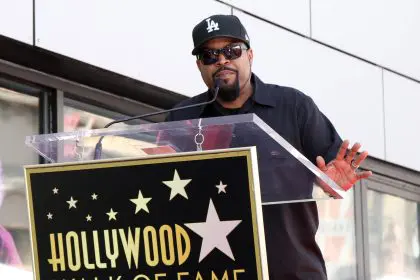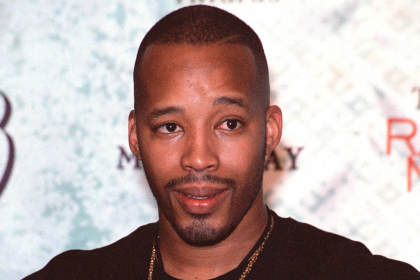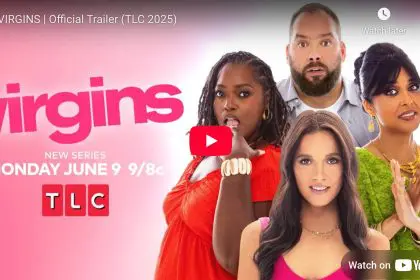
Straight Outta Compton continues to rake in the profits netting over $200 million this past weekend. Former NWA manager Jerry Heller is no doubt counting the coins as his lawsuit against the producers lists damages that could result in over $250 million. Heller’s biggest complaint is that he did not authorize the use of his name or likeness in the film. He is also claiming that his character was assassinated with claims that he withheld money from Ice Cube in order to get him to sign off on a bogus contract.
Two years ago, ’90’s hip-hop/R&B group TLC released their television biopic via VH1 and broke records for the cable network. With a premiere night of nearly five million viewers, the feature was the most successful biopic aired on network television. Former manager Perri “Pebbles” Reid immediately took to Twitter announcing she was suing the group for slander. Instagram enjoyed making fun of the former manager that TLC suggested tricked them out of the majority of their initial profits as a group.
Reid like Heller was embarrassed at her former clients’ portrayal of her in a film, but does embarrassment alone give someone the right to sue for slander? According to entertainment lawyer Uwonda Carter, Esq (The Carter Law Firm, PC), anyone who feels slighted for any reason can put together a claim and sue someone.
“If someone doesn’t like the way they have been portrayed, they are going to cry foul and sue. There is no such thing as too trivial or minute. There are a lot of cases brought to court that have no merit,” Carter says. Proving one’s case is where the challenge comes in, as celebrity cases especially are difficult to prove. In order to prove defamation of character, Carter says it must be clear beyond a doubt that the statement, etc. caused harm to the defendant’s life or reputation. “With celebrities, even if the statements aren’t true, you have to prove malicious intent,” Carter explains. “That can be very difficult to prove.”
According to Carter, the ultimate defense is the truth. “If an artist has proof that their claims are true, ultimately they have nothing to worry about when going to court,” she reveals.
With the success of “Straight Outta Compton” and reports of a production based on Toni Braxton’s story and ’90’s boy band New Edition set to release their biopic via BET in 2016, there could be more lawsuits on the way. Carter gives the following advice for artists looking to produce their own story to potentially avoid ending up in court:
1- Keep the story as close as possible to your own perspective of the events
2 – Don’t make any negative statements about someone that are intentionally malicious
3 – Understand that anyone who sees your project can sue for any reason
4 – Be prepared to show that you’ve made every attempt to tell your story from a truthful perspective














